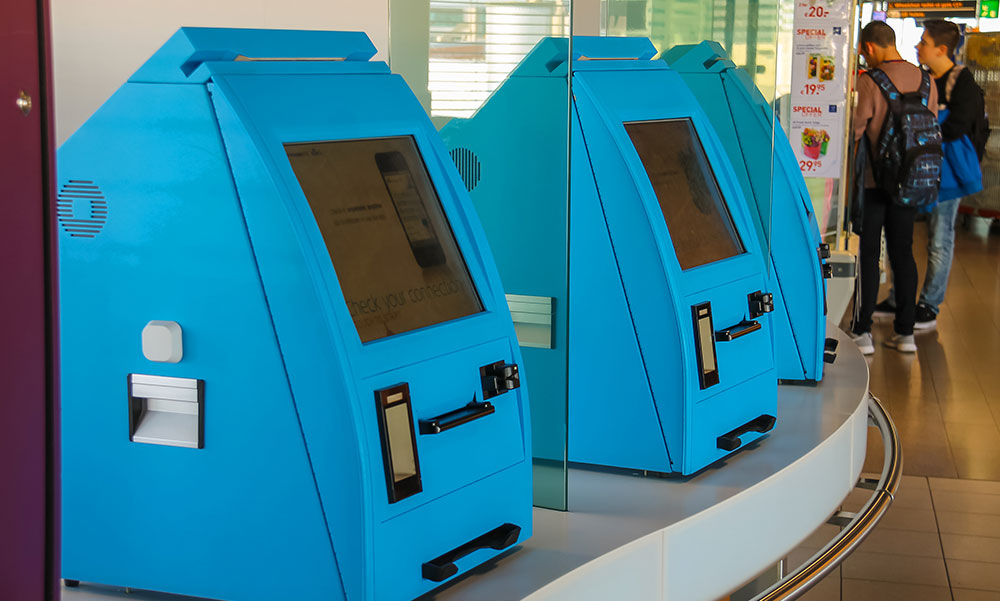
Kiosk Group Renews Focus on ADA Compliance Efforts
With the launch of both a new committee and working group, the Kiosk Industry Group Association hopes to ensure that its members stay on the right side of the law as the use of kiosks grows.
Kiosks have the potential to make life a little simpler for everyone—but only if the equipment is designed to work in every use case.
And that’s why the Kiosk Industry Group Association (KIGA) recently launched a new committee and working group that will work with the U.S. Access Board to help build compliance standards that follow the Americans With Disabilities Act (ADA). The committee includes a number of kiosk vendors, while the working group includes a larger variety of members and adds two trade groups—the Electronic Transactions Association and the ATM Industry Association—as contributing members.
The goal of the standards is to ensure that the estimated 57 million Americans with a disability can use kiosks. And the disabilities may not be what you expect. In a recent article on the KIGA website, writer Richard Slawsky notes that touchscreens, despite helping to simplify kiosks in many cases, can prove challenging for the nearly 20 million people who struggle with lifting and grasping, which makes it difficult to press buttons on a touchscreen.
“For a business that incorporates kiosks into its operations, that generally means that a kiosk needs to be usable by all of its customers, no matter what their physical challenges may be,” Slawsky writes. “In many cases meeting that standard is easier said than done.”
Among the challenges created by these standards is the need for companies to retrofit their devices, a concern cited by Olea Kiosks Manager Craig Keefner.
“Complicating retrofits can be the issue of recertifying for [the certification firm] UL,” Keefner said in a news release. “One change to the overall machine can require the new configuration to be re-certified. If someone like Walmart has to change all of its self-checkouts, that’s a big change.”
The fresh ADA push comes at a time when the use of kiosks is growing in numerous ways. Many chain restaurants, for example, allow you to pay your bill using a tablet located on the table, and one fast-casual chain, Eatsa, has gained notice for its fully automated ordering experience.
That experience got the chain in trouble this year when the American Council of the Blind sued the restaurant for failing to make its offerings accessible to blind customers. That’s an issue that Slawsky notes is a growing concern for kiosk operators, writing that “self-service kiosks are increasingly a target for ADA lawsuits.”
KIGA, which will meet with the U.S. Access Board next month, says it will make its ADA working group available to any interested party.
(NickNick_ko/iStock Editorial/Getty Images Plus)






Comments